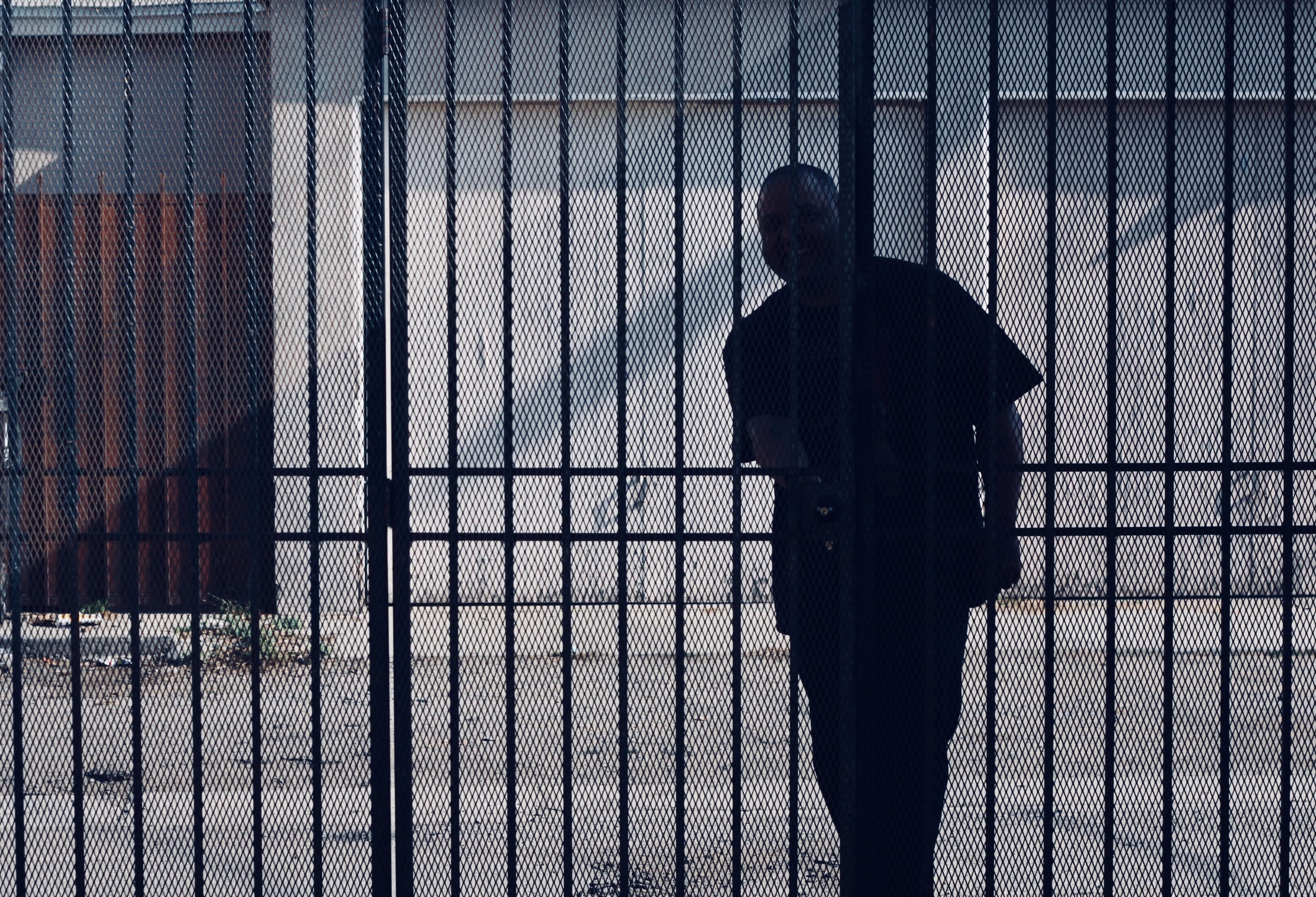Some estimates put the wrongful conviction rate at between 2 to 10 percent. With 2.3 million people in the prison system, it means that 46,000 to 230,000 innocent people are wrongfully in prison.
Anyone proven of wrongful conviction could receive compensation. Unfortunately, those wrongfully convicted spend an average of 14 years in prison. What could years behind bars without the warm hug of family and friends be worth? After a wrongful conviction, states have a responsibility to restore the wrongfully convicted to the best condition that they can. However, this is almost entirely focused on the financial side of the story, disregarding the emotional distress caused to those imprisoned for such a long time.
The Wrongfully Convicted Can’t Pick up Where They Left Off
You can’t simply pick up where you left off. The wrongful conviction took away your career, your friends, your family, and you lost your life entirely for that time. Looking at the compensation statutes can really help one learn what they might be entitled to receive for a wrongful conviction.
Here are some of the most common aspects that have turned out to play a vital role in wrongful convictions:
- Misled eyewitness accounts;
- Official misconduct;
- Untrustworthy informants;
- Improper forensics;
- False confessions.
What are Wrongful Conviction Cases Worth?
What you can claim in a lawsuit for a wrongful conviction depends on the state that you live in. For instance, in Washington, people proven innocent can file a lawsuit for up to $50,000 for each year that they wrongfully spent behind bars. Unfortunately, other states like Louisiana put a cap on what you can claim. You can only file a lawsuit for $250,000, but New Hampshire, in comparison, only lets you file a lawsuit cap of $20,000. Your case’s value heavily hinges on the state.
States Should Fairly Reimburse the Wrongfully Convicted
Those who committed no felony had their lives uprooted because of a wrongful conviction. They will bear scars for the rest of their lives, both financially and emotionally. Society has a profound duty to help the wrongfully convicted. Not helping them only adds insult to injury.

States can help you in various ways, the following included:
- Monetary compensation;
- Help with securing affordable housing;
- Providing psychological, dental, and medical care;
- Help with education;
- Legal service to expunge a criminal record.
Without helping those wrongfully convicted, society has inflicted a great wrong against them. Victims of wrongful incarceration can obtain compensation, and they should go for it, given that nobody is ever going to be able to give them all those years back.
Federal Civil Rights Claim
What happens if you live and were imprisoned in a state without compensation for wrongful conviction? Your chance for compensation will come from a federal civil rights claim. You can allege unconstitutional conduct from the state. Filing for a federal civil rights claim could even give you the chance at a higher level of compensation than if you took advantage of an exoneration statute. To acquire this form of compensation, you will have to meet some requirements, such as:
- Denial of due process for administrative appeals;
- Cruel and unusual punishment;
- Right of access to the parole process.
How Widespread is Wrongful Imprisonment?
Some estimates put the wrongful conviction rate at between 2 to 10 percent. With 2.3 million people in the prison system, it means that 46,000 to 230,000 innocent people are wrongfully in prison. In the past, people weren’t entitled to compensation, however, today they can get compensation even in states that try to minimize help for the wrongfully convicted.
Unfortunately, how much you receive after a wrongful imprisonment conviction will depend on the state you live in. How much people deserve has continually been up for debate, given the sensitive nature of the issue. The wrongfully convicted will usually have to prove one of three things to receive compensation. They must prove that they were pardoned, that the court vacated the conviction, or that they reversed the conviction. Any one of these things could prove a wrongful conviction so that someone can receive compensation. Getting things fixed after years and years of being behind bars is almost impossible for many, given that a wrongful conviction can destroy a stable life and sentence it to never being able to get back on track again.


Join the conversation!